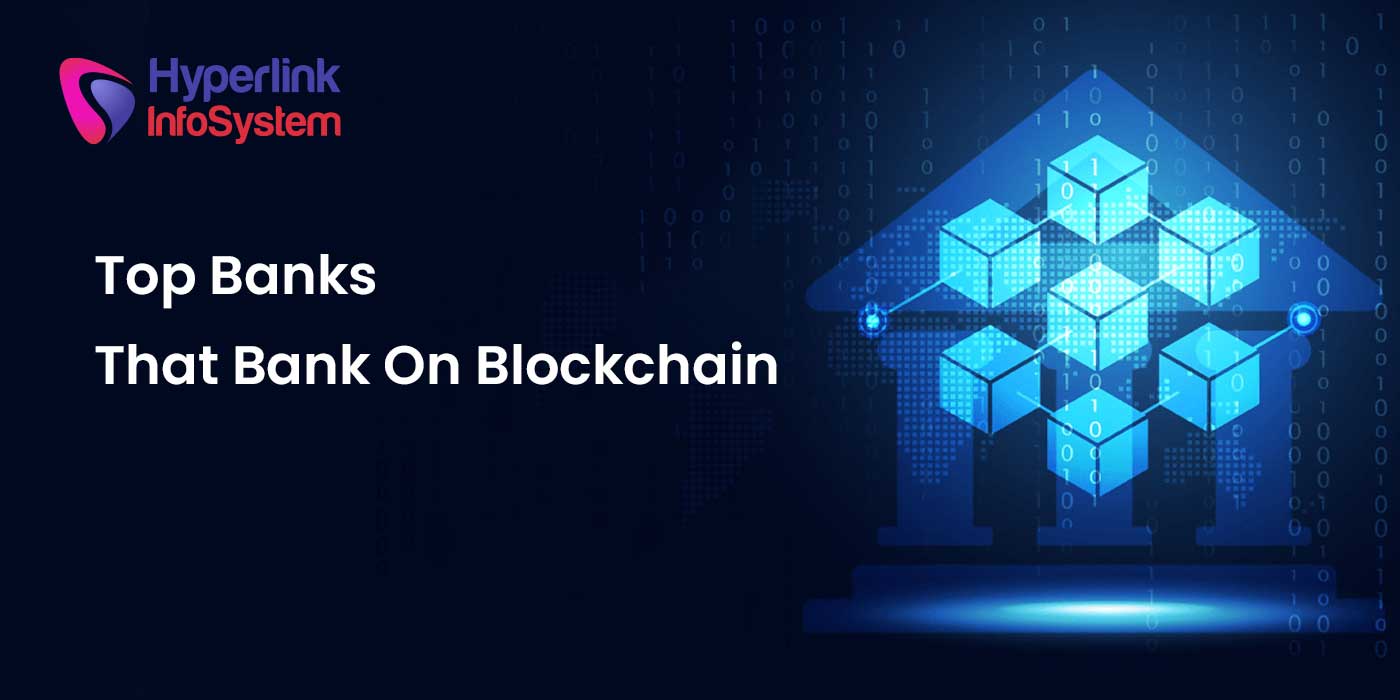“It's not even midday and yet they want to go for a lunch break?”
If you have any experience with a government sector bank in India, then this is going to be one of the most well-recited thoughts by many people.
You know what? Scratch that. Bank employees don’t want to go for a lunch break at midday. They already are at their lunch break.
You’re welcome, you, archaic institution.
But when today some of these banks are still living in the bygone days of the past, many other banks are looking at new horizons.
In many ways, these new horizons take the form of technologies, and many banks are hungry for them.
And one of the key new technology, includes, as the title suggests, blockchain.
In this article, we will learn about:
-
What Is Blockchain?
-
How Does The Blockchain Function?
-
What Is NOT Blockchain?
-
A Few Banks That Are Going Haywire For Blockchain?
-
Benefits Of Blockchain?
Let’s Get Going, Shall We?
What Is Blockchain?
The term “Blockchain” is the mix of two words, “Block” + “Chain”
Now, you must be wondering “What the hell is a block?” and I would say, “Have some patience man, I am explaining, geez.”
A “Block” of a blockchain means a complete group of transactions. So
blockchain technology would mean “A group of transactions chained together”.
Think of it as a ledger. A ledger that contains a whole bunch of transactions that do not require any human intervention. Now it is a digital version of a ledger means that it can store any type of information, but the transaction in this case is economic.
“So, blockchain is like this new tech out there. That’s cool and all but.
How Does Blockchain Even Work?
Blockchain works on 5 basic concepts
1) Cryptographic Hash:
This is basically like a computer language. You type in any input and the result will be a unique digital code. It acts as a unique identifier in
blockchain development.
2) The Immutable Ledger:
The name sounds like something you hear out of dragon ball z, but it’s not. The Immutable ledger is just a chain of hashes working together. It makes it impossible for someone to change a single block without changing the entire chain.
3) P2P Network: It Stands For Peer-to-peer Network:
Because blockchain has no authority, the real authority, in this case, are the node users. This gives it a layer of protection as even if your chain was attacked, the network will not accept anything from a modified block.
4) Consensus Protocol:
But still, as any system needs an organization, consensus protocol acts as an authority. Here the nodes check if the new block meets the prerequisite to join.
5) Mining:
Probably this is the most common term you will have heard if you are familiar with blockchain. But the funny thing is, Mining isn’t all that important. Mining here means the “Proof of Work” Requirement.
“Alright, awesome, so blockchain is like bitcoin?”
Don’t even go there.
What Is NOT Blockchain?
Please, for the love of God and everything holy, do not confuse cryptocurrency with blockchain. Though
concepts like bitcoin and other cryptocurrencies brought Blockchain into the limelight, these two things are completely different concepts.
And just for the record, this is a list of concepts that are NOT BLOCKCHAIN:
-
Machine learning = NOT BLOCKCHAIN
-
Artificial Intelligence= NOT BLOCKCHAIN
-
Cryptocurrency= NOT BLOCKCHAIN
-
Programming language= NOT BLOCKCHAIN
Which Banks Are Going Haywire For Blockchain
1) Citibank:
Not only is the fourth largest bank in the USA a fan of blockchain, but they are also actively investing in improved ledger tech to move cash and other assets.
2) UBS:
Ah, the Swiss with their money, and war neutrality. With more than five investments and up to 266 million dollars as an investment, this bank sure knows what it’s doing. And come on now, if the Swiss are doing something, then the world needs to follow that too.
3) Morgan Stanley:
The big daddy of banks has invested heavily (Around 234 million dollars) and has 3 investments. It has landed itself on NYDIG, which is a bitcoin subsidiary of Stoneridge.
4) Goldman Sachs:
With a name that carries so much weight, it is no question that they have over 8 investments in blockchain tech and more than 204 million dollars as an investment.
5) Standard Chartered:
If you think any of the above-mentioned investments are huge, then you’re in for a shock. Standard Chartered has gone well over 300-million-dollar margin, with 6 investments. The cost is a whopping 380 million dollars and they see themselves.
But the big question here is, why?
Why are big banks going for blockchain technology? For this to answer, we have to ask ourselves:
What Are the Benefits of Blockchain?
Well, the first one here obviously is:
1) Identity Verification
This is a big one. The banks are supposed to be the trusted protectors of people’s hard-earned cash.
As we have mentioned before, like blockchain every single block has a specific identity, which allows for a more streamlined approach to identity verification.
2) Payments
Shifting the payment system to a blockchain is a survival mechanism, but a welcome one. Because working around fast is the only way traditional banks can go pound for pound against the rapid expansion of cryptocurrencies, a lot of institutions are going on with blockchain.
3) Clearing and Settling
This is one of the most menial yet important tasks in the banking sector. This is why post clearing and trading can be done on a blockchain system.
Conclusion:























